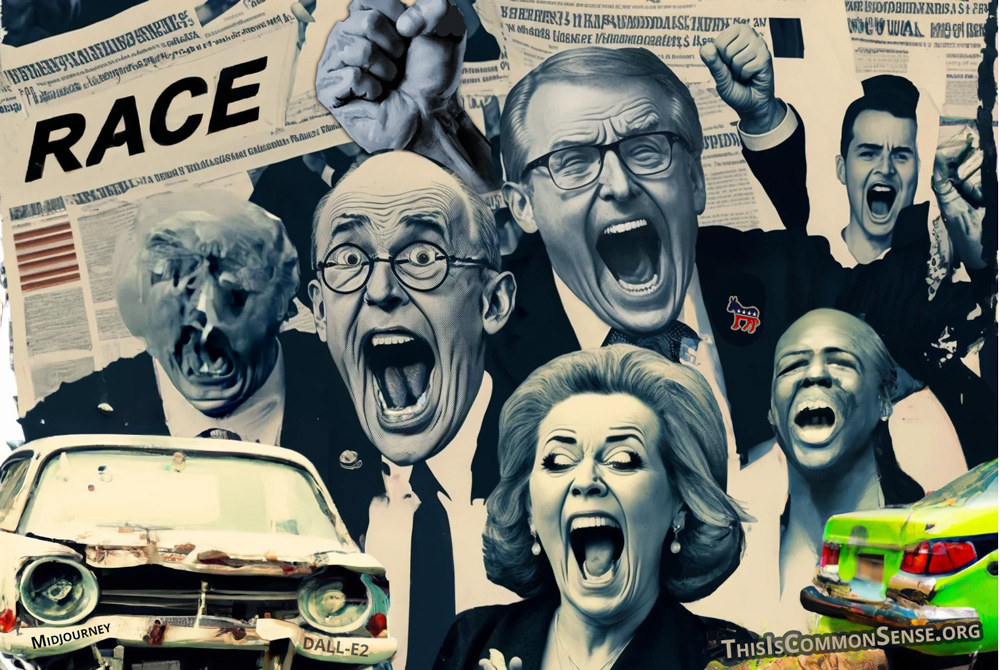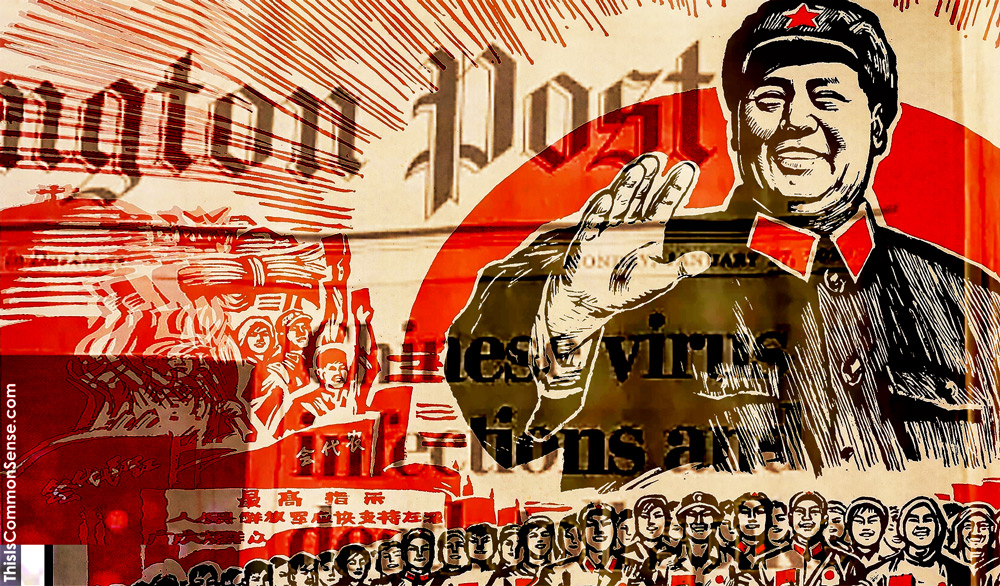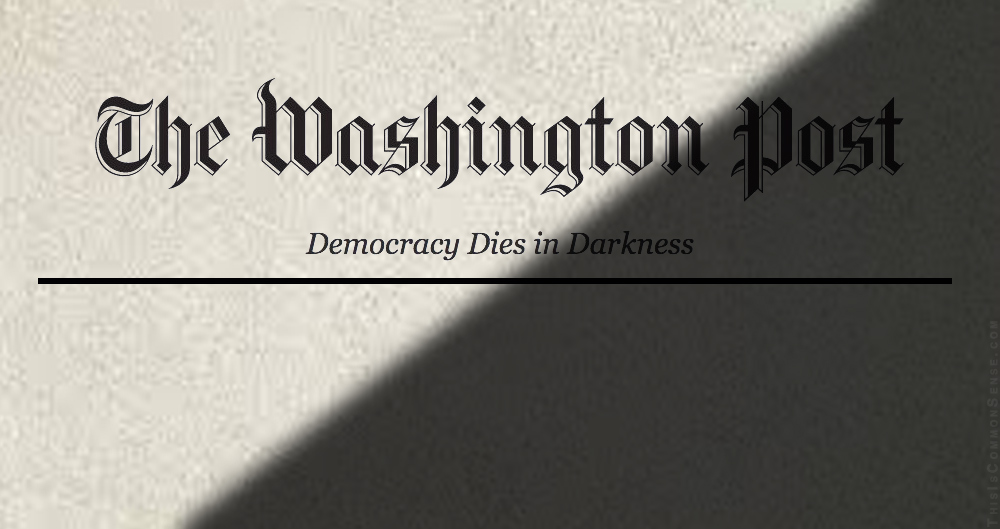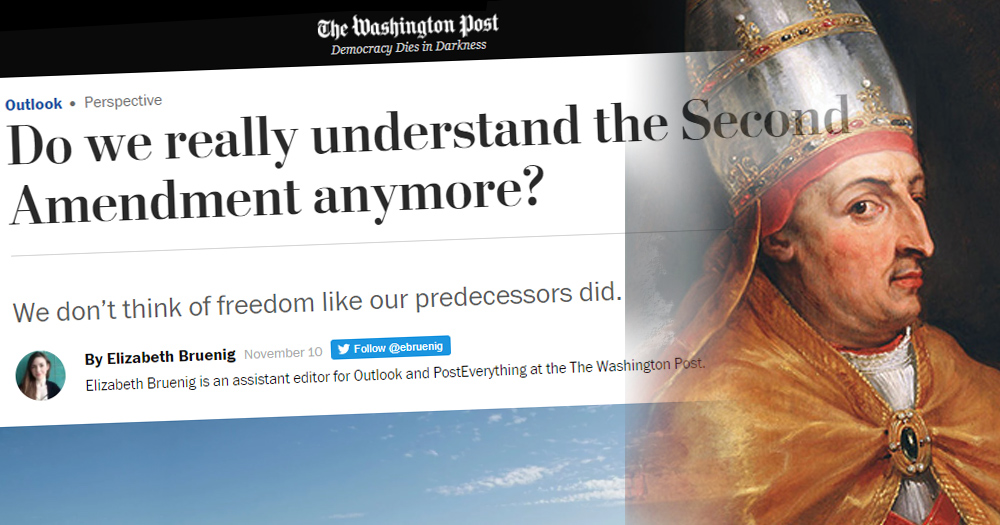In the “urban forests” of our nation’s capital, several abandoned autos have been discovered. Which can mean only one thing: racism.
“Deserted cars may be driving a type of racism,” The Washington Post headlined its take.*
The paper introduces readers to Nathan Harrington, executive director of the Ward 8 Woods Conservancy, who has discovered four decaying automobiles in those woods.
No one knows how the cars got there.
All that is known is that their presence is, well, racist.
Blacks make up 87 percent of Ward 8’s population, one of the most heavily black areas of the city. “Advocates,” explains The Post, “call this neglect of Black neighborhoods ‘environmental racism.’”
An assistant professor of sociology and environmental studies at Boston College is offered to explain that, as The Post paraphrases, “environmental racism is linked to ‘racial capitalism’ — the idea that the economic value of a person is based on their race.”
And to think I was worrying that those rusting vehicles might be leaching dangerous elements into our environment!
“It’s deliberate inaction on the part of the agencies that control that land,” complains Harrington. Believable enough, on the surface, but we are presented with no specifics as to who has refused to help.
Nor are we provided any evidence that this failure of the DC government, if it even is one, can legitimately be ascribed to racial bias.
The District of Columbia’s mayor happens to be black, as are eight of 13 city council members.
When four rusted-out cars in the woods become front-page fodder to focus on systemic racism, it seems things are looking up.
This is Common Sense. I’m Paul Jacob.
* This punny headline adorned the dead-tree edition. Online, the article’s headline is: “‘Environmental racism’ and the mysterious cars rusting in D.C. woods.”
Illustration created with DALL-E2 and Midjourney
—
See all recent commentary
(simplified and organized)









